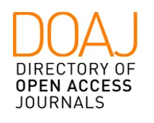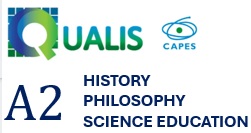“The Use of Pleasure” of learning
A Foucauldian Perspective on the Role of Scientific Pedagogy in the Historiography of Science
DOI:
https://doi.org/10.24117/2526-2270.2022.i12.06Keywords:
Foucault, Scientific Pedagogy, Subjectification, Historiography, History of ScienceAbstract
In this article, we present the work of the French thinker Michel Foucault, which, it can be argued, is centred on the Subject as a guiding concept and is divided into three perspectives of this concept, or axes of analysis, which also constitute crude markers of a diachronic evolution of Foucault’s thought: the archaeological (being-knowledge), the genealogical (being-power) and the ethical (being-with-oneself). Among these three axes, the first is more strongly linked to the study of science and is associated with the historical epistemology of Bachelard and Canguilhem. However, we present some recent works by historians of science who have taken scientific pedagogy as an object, making the second axis of analysis the starting point for a theoretical model of this domain of scientific practice in history. Finally, we promote a potential complementation of this model by including elements of the third axis of analysis, which these other authors do not discuss.
Downloads
Published
Issue
Section
License
Copyright (c) 2022 Ivã Gurgel, André Fantin

This work is licensed under a Creative Commons Attribution 4.0 International License.












